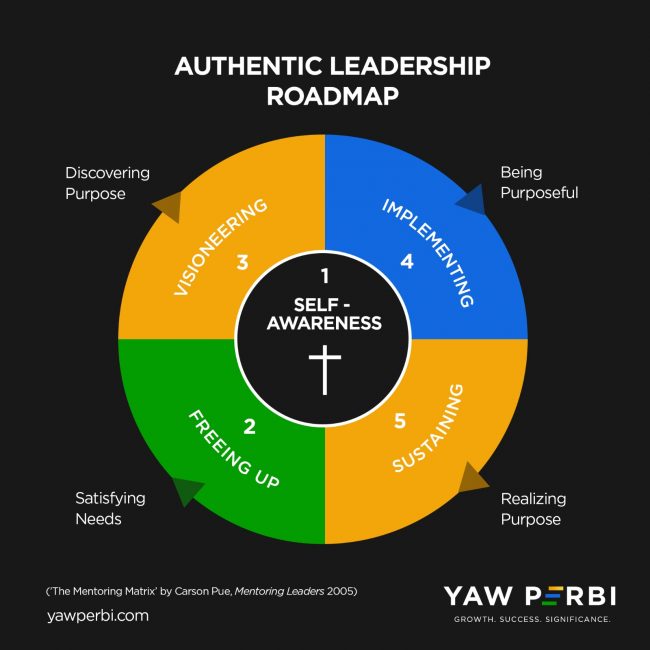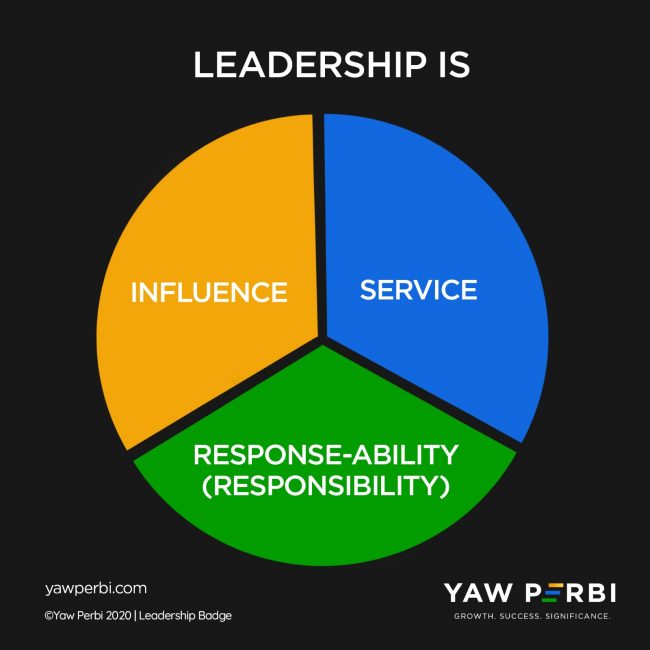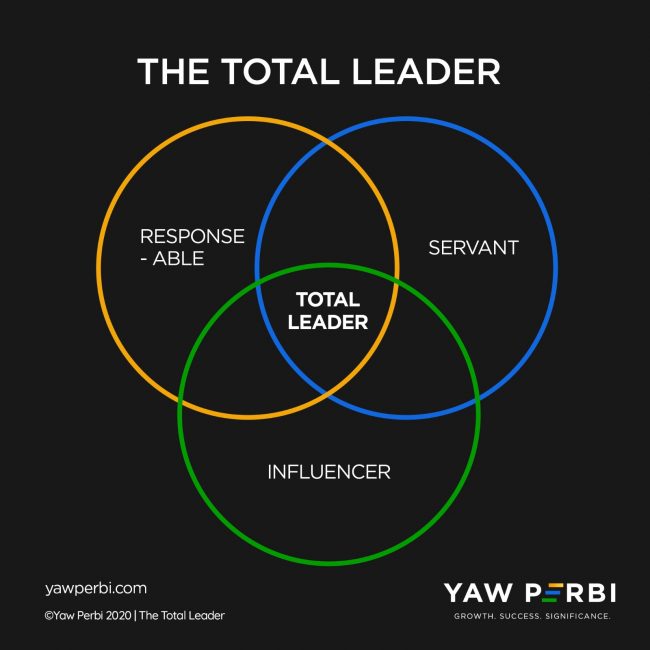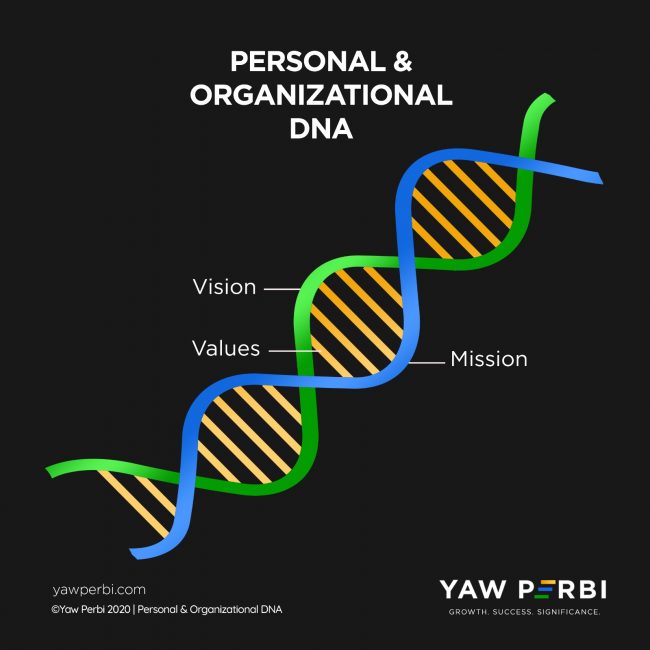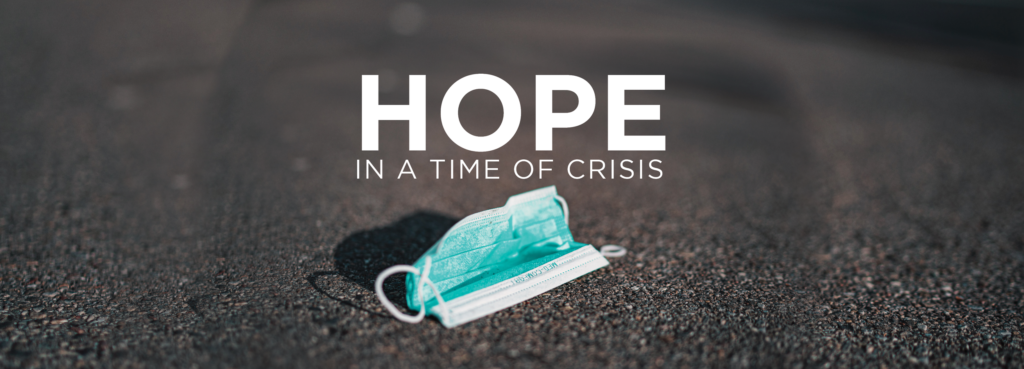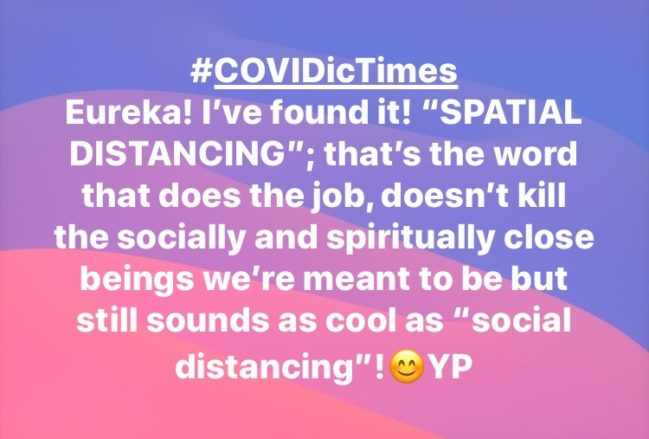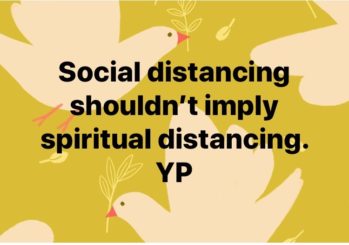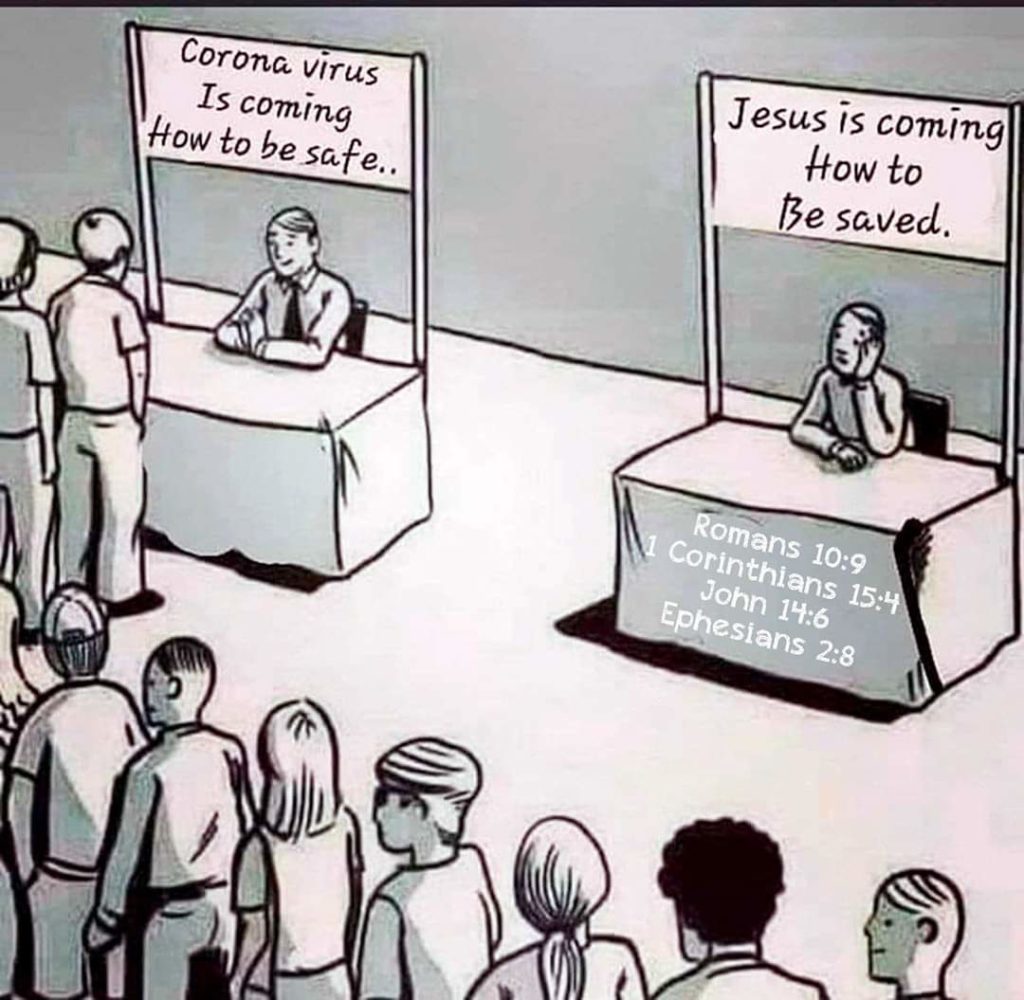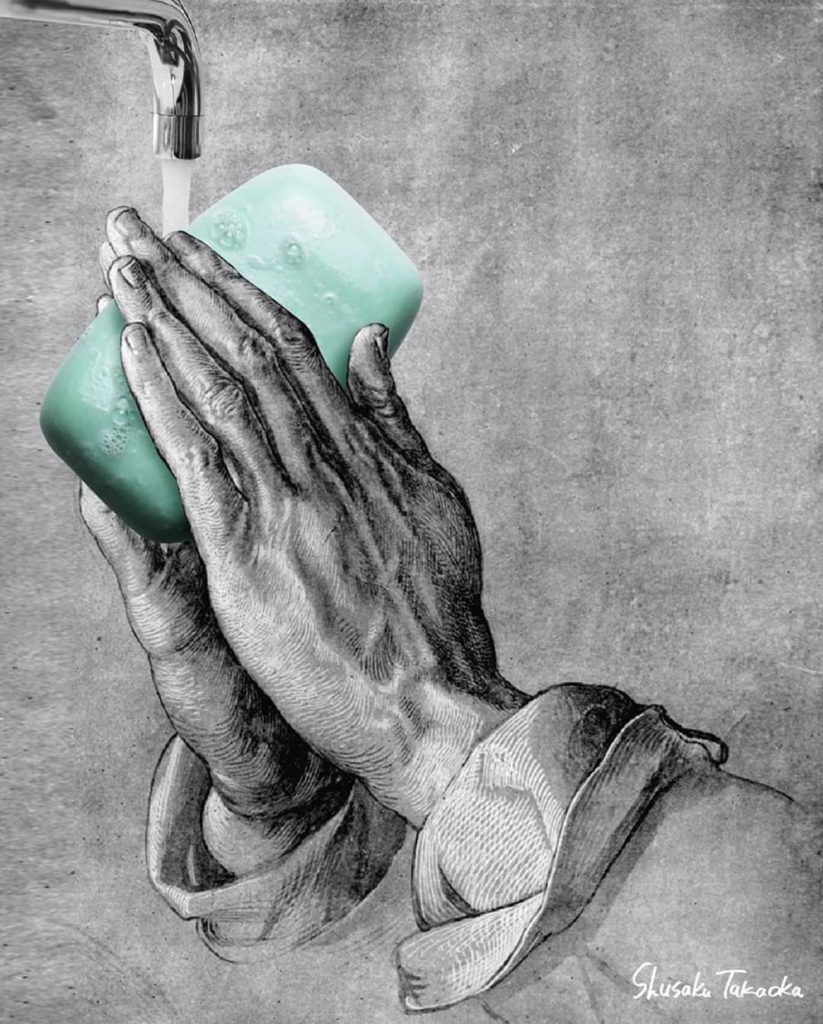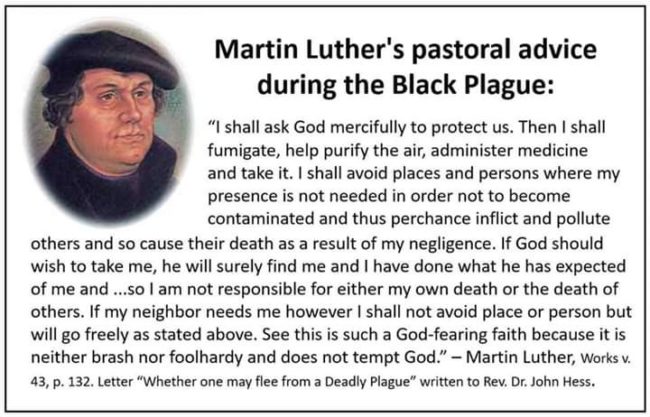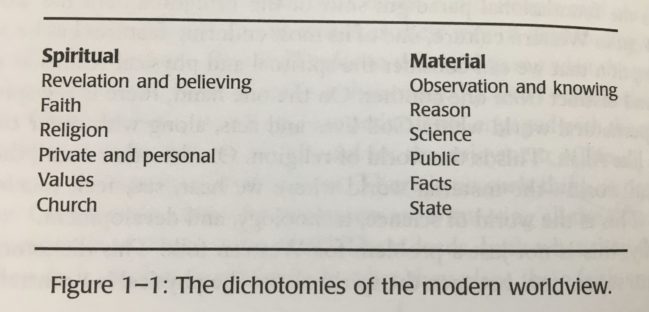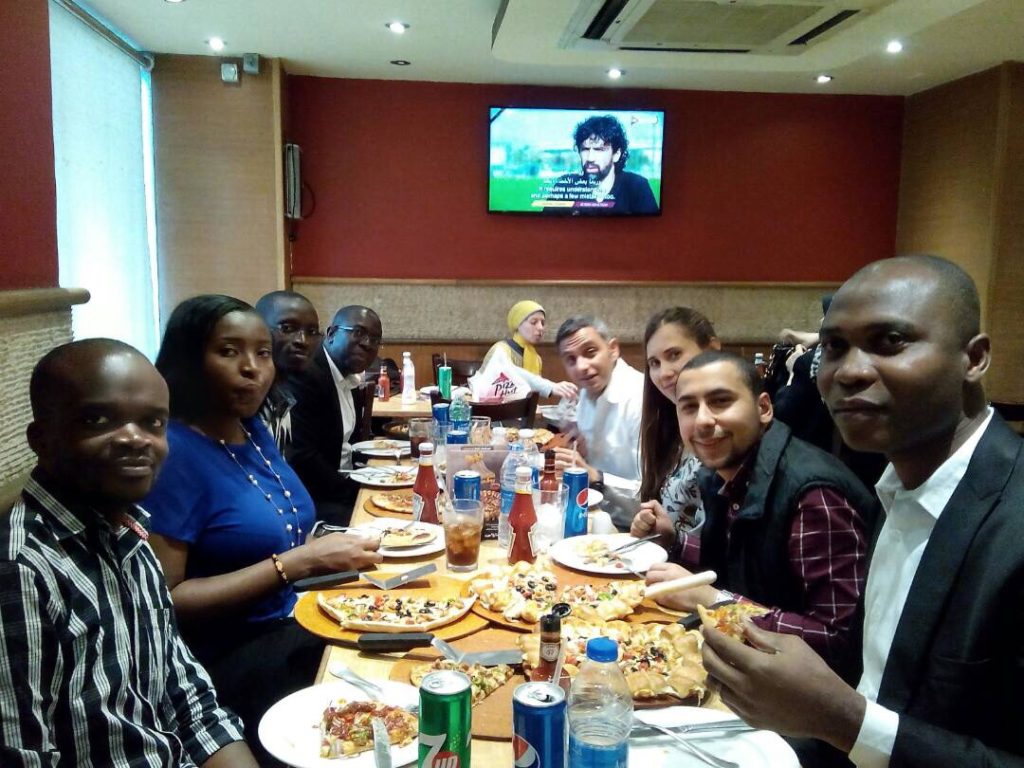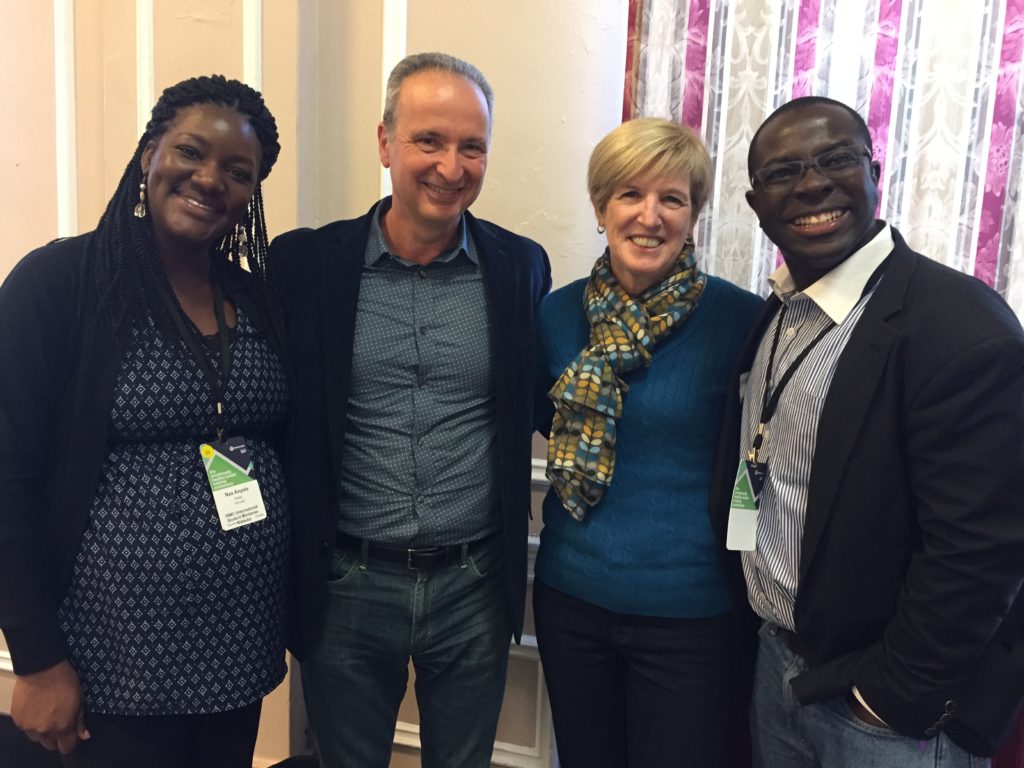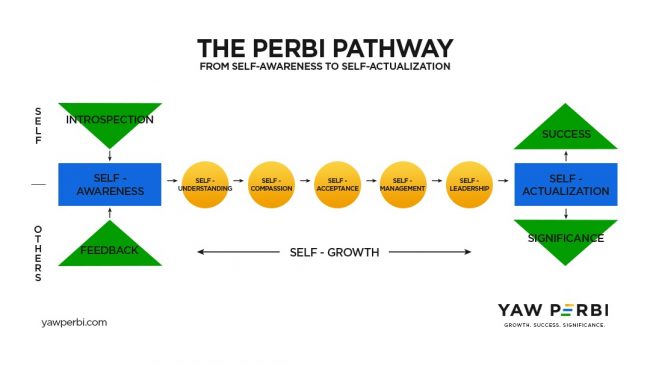
Is ‘Self-Leadership’ Really a Thing?
When the CEO of TNYOU, short for The New YOU, a leading health and wellness movement asked me to speak to a group of their Queens (members) on ‘self leadership’ it felt odd on three levels. I still showed up anyway, grateful for the invite, because Sena told me there was going to be a lot of women there so how could I turn down the invitation? I am very heterosexual!
Firstly, it felt odd because not everyone believes in the concept of ‘self leadership.’ During my graduate studies in leadership I came across leadership authorities in academia like Northouse who believe ‘self leadership’ is an oxymoron because leadership by definition per se is about other people, not one’s person.
The second reason it felt odd was that it seemed to me I was preaching to the choir. These were all women who had taken charge of their lives, self-leadership, to get their health and happiness on track. What more was there to tell them?
My third and final reason was personal: I suspect Sena Yeboah had asked me to speak on self-leadership because not only am I a leadership authority (I’m actually even undergoing doctoral studies in global leadership at the moment) but I’ve also been big on self leadership in my personal life for years and very successful in most areas (discipline of staying in medical school or to author and publish 20 books or choosing to abstain from sex before and outside of marriage or family planning for seven children etc.). The irony is that the one area I have failed miserably at in exhibiting strong self-leadership has been my personal health, particularly since the pandemic. I was very active before Covid-19 hit, sometimes doing nearly 70 flights per year and all but now both the pandemic viral curve and the curve of my abdomen had risen in tandem. What an embarrassment to stand before women who had exhibited self-leadership to look trim and prim!
I’m glad that in the spirit of authentic leadership I confessed my sin and shared my repentance story that over the previous four weeks I had now taken self-leadership regarding my health and had been working with a physical trainer/coach actually recommended to me by Sena since there’s no TNYOUMen, yet.
SO WHAT IS SELF-LEADERSHIP?
As far as I know, Charles Manz was the first to use the term ‘Self-leadership’ way back in 1983 and defined it as “a comprehensive self-influence perspective that concerns leading oneself.” The father of modern management, Peter Drucker, wades in (2010) to say that being a self-leader is to serve as chief, captain, or CEO of one’s own life. Brian Tracy talks about setting goals and taking full responsibility for that goal. The concept of self-leadership, also known as personal mastery, can be found in the writings of philosophers and poets, both Eastern and Western:
“Mastering others is strength. Mastering yourself is true power.” – Lao Tzu (born 571 BC)
“I am the master of my fate, I am the captain of my soul.” – William Ernest Henley (1849–1903)
HOW SELF-LEADERSHIP CAN BE EXPLAINED
How differently would you live your life if you saw yourself as a company and run your life that way—Me Inc.? What are some of the things your company/organizational leaders do to make it successful? A leader is a response-able PERSON who serves and influences PEOPLE to achieve a shared, noble PURPOSE. Person-People-Purpose. Because of middle P, there is a school of thought that there is nothing like self-leadership, an oxymoron, but I beg to differ: If leadership is about responsibility, serving and influencing PEOPLE, then how about starting with the FIRST PERSON, which is yourself/myself?
You should know by now that the hardest person to lead is yourself/myself! Self-leadership then is being response-able, serving and influencing oneself (one’s PERSON) to achieve a noble purpose. This purpose could be an overall life purpose or in a specific area of your life: professional, financial, health/wellness, intellectual/academic, social/relationships, spiritual. Self-leadership is to:
*Be response-able for your life. Take charge/you are in-charge. I cannot keep letting my body do whatever it wants—from my mouth to the rod in between my legs.
*Influence yourself. Influence your thinking by what you choose to read or watch, including on social media. Recently I decided to influence myself towards finishing up a book and sending it off to the publishers by promising myself my favourite Chinese food at my favourite Chinese restaurant in Accra on the day I meet that goal!
*Service yourself. Everyone needs a daily growth time; everyone, everyday. Serving yourself may sound selfish but do not confuse self-care with selfish. Even to obey the great commandant to “love your neighbor as yourself,” you can only love a neighbour to the extent that you love yourself. A classic illustration of this truism might be how on an airline the safety instruction is that in the event of a loss in cabin pressure, when the oxygen masks drop down put one on your own face first before attempting to help any others. It might seem very noble to try and save that little child next to you or the old lady already collapsing across the aisle but without taking care of you first, we might end up with two casualties instead of one: you the attempted helper and the one you were attempting to save.
TEAMS, DNA & EVERYTHING LEADERSHIP
Take a good look at every responsibility of company leadership and find an application or parallel with your own life. One of your first acts of leadership is to recruit your leadership team. Gather the right community of people around you. Even better still have TEAMS—Together Everyone Achieves Most Success. You need mentors above (coaches, teachers, counsellors, spiritual directors etc.), mates at par and mentees who look up to you to form a stable tripod. One of my friends who works with a huge European bank has actually set up a personal board of directors he meets with quarterly–and it’s working wonders for him as we meet with him quarterly (I’m on this board). At least have an accountability partner of Me Inc.
As an executive coach, I still haven’t gotten over the shock every time I meet with a top leader of a company with a compelling mission statement yet this leader hasn’t clearly spelt out and written down their own vision, mission and values! Come on! Take self-leadership now–spend some quality time (even go on a retreat) to determine your life’s vision, mission, values and some goals and strategies towards that end. That is leadership!
SELF-LEADERSHIP NOT THE SAME AS SELF-MANAGEMENT
Leadership and management aren’t one and the same. It stands to reason then that self-leadership should be distinguished from self-management (as seen in the Perbi Pathway from Self-Awareness to Self-Actualization above). While all the differences isn’t the focus of this article, suffice it to say that self-management is doing the right things for your flourishing while self-leadership is determining what the right things are in the first place. The difference between leadership and management is starkest when once needs to make a major life change. Self-leadership is able to chart and change course; self-management is able to stay the course (consistency).
Self-management would be the planning, budgeting, organizing and staffing, monitoring results, coordination… everything systems and processes to create a stable, productive environment with consistent life results. Self-leadership, on the other hand, would be building a strong personal foundation, defining DNA (vision, mission, values), mapping strategy, inspiring commitment, equipping others for the journey, leading the way… everything that creates constructive change for definitive and (often) different results.
IT IS A THING!
Self-leadership is a thing and we had better get on with it. Be response-able for you, influence and serve yourself towards personal success and societal significance. There is a company called Me Inc. [replace ‘me’ with your name, if you like]. How’s your company doing? How is your brand? For me, at the moment, it’s taking charge of my weight and wellness that will do it. What is it for you?
COVIDicTimes~Vaccine Found: Hope!
Often we’re quick to run to faith, which is “confidence in what we hope for,” but hope in and of itself is pretty powerful; especially in a crisis of the sort we’re stewing in, a pandemic pot.
Hope is a powerful thing. I remember walking through bookstore after bookstore in New York City, scrambling. Scrambling not for hope per se but for the Audacity of Hope, both literally as in Obama’s book and figuratively. The year was 2008. I was on a short break from my service with the United Nations Operation in Cote d’Ivoire to attend a seminar at The Aspen Institute and to visit my wife pursuing her master’s at McGill University. And hope was rising as it seemed possible, plausible, that the United States of America could very well have a Black president in a few short days. H-I-S-T-O-R-Y. The hope was palpable as I walked on Broadway on Election Day and mingled among the crowds at Times Square where CNN had pitched camp. Hope became faith and I couldn’t believe my eyes later that night as faith became sight!
Hope is often treated like the ugly step sister of faith; but no. Hope per se is very beautiful and powerful and can hold her own. It may not get the same ‘likes’ as faith but I would say hope actually is the mother of faith, no matter how unimpressive. Without hope it is impossible to have faith. But forget famous faith for now; let’s just look at raw hope.
Everyone is waiting for the COVID-19 vaccine. I say it has already been found. It is hope. Hope in this time of crisis. One of my greatest encouragements during this COVID-19 pandemic has been a reading Fellows of the Africa Leadership Initiative (ALI), of The Aspen Institute, mulled over last month: Václav Havel’s “HOPE.”* Soak this in:
” . . . [T]he kind of hope I often think about (especially in situations that are particularly hopeless, such as prison) I understand above all as a state of mind, not a state of the world. Either we have hope within us, or we don’t. . . . Hope is not prognostication. It is an orientation of the spirit, an orientation of the heart. It transcends the world that is immediately experienced, and is anchored somewhere beyond its horizons. . . . I feel that its deepest roots are in the transcendental, just as the roots of human responsibility are, though of course I can’t – unlike Christians, for instance — say anything about the transcendental. . . .
“Hope, in this deep and powerful sense, is not the same as joy that things are going well, or willingness to invest in enterprises that are obviously headed for early success, but rather an ability to work for something because it is good, not just because it stands a chance to succeed. The more unpromising the situation in which we demonstrate hope, the deeper that hope is. Hope is not the same thing as optimism. It is not the conviction that something will turn out well, but the certainty that something makes sense, regardless of how it turns out. In short, I think that the deepest and most important form of hope, the only one that can keep us above water and urge us to good works, and the only true source of the breathtaking dimension of the human spirit and its efforts, is something we get, as it were, from ‘elsewhere.’ It is also this hope, above all, that gives us the strength to live and continually to try new things, even in conditions that seem as hopeless as ours do, here and now.”
Think about those powerful words. Let them sink in. Let them strengthen your state of mind and bolster you in this crisis. Hope is powerful for any and every human alive with a beating heart, even if with lungs struggling from the stranglehold of SARS-CoV-2. Powerful; just powerful.
But unlike Havel, I as a Christian can say something about the transcendental roots of human nature and responsibility and hope. There is One who has the patent for the powerful vaccine against the COVID crisis: GOD. One of his accolades is ” the God of Hope.” And as a doctor-turned-preacher, I join the lawyer-turned-preacher who said “faith is confidence in what we hope for” to pray thus: “May the God who gives endurance and encouragement give you the same attitude toward each other that Christ Jesus had, so that with one mind and one voice you may glorify the God and Father of our Lord Jesus Christ…. May the God of hope fill you with joy and peace as you trust in him, so that you may overflow with hope by the power of the Holy Spirit” (Romans 15:5-6, 13). Amen.
Now try that vaccine!
_______________
*From Disturbing the Peace: A Conversation with Karel Huizdala, 1987.
PS. The Ghana fellows of ALI are making hope real by raising money to provide much-needed PPEs for our frontliners in this ongoing COVID fight. Kindly go to our #MASKUP campaign on GoFundMe and give a dollar or two to keep hope alive. Together, “we shall overcome.” Thank you already!
COVIDic Times: AN EASTER CELEBRATION WITH A DIFFERENCE!
By
Dr. Susie Ubomba-Jaswa
In a matter of a few shorts weeks COVID-19 has totally changed life as we know it in virtually every nation on the globe? What on earth is going on in the world? Is Someone trying to get our attention? Will we heed?
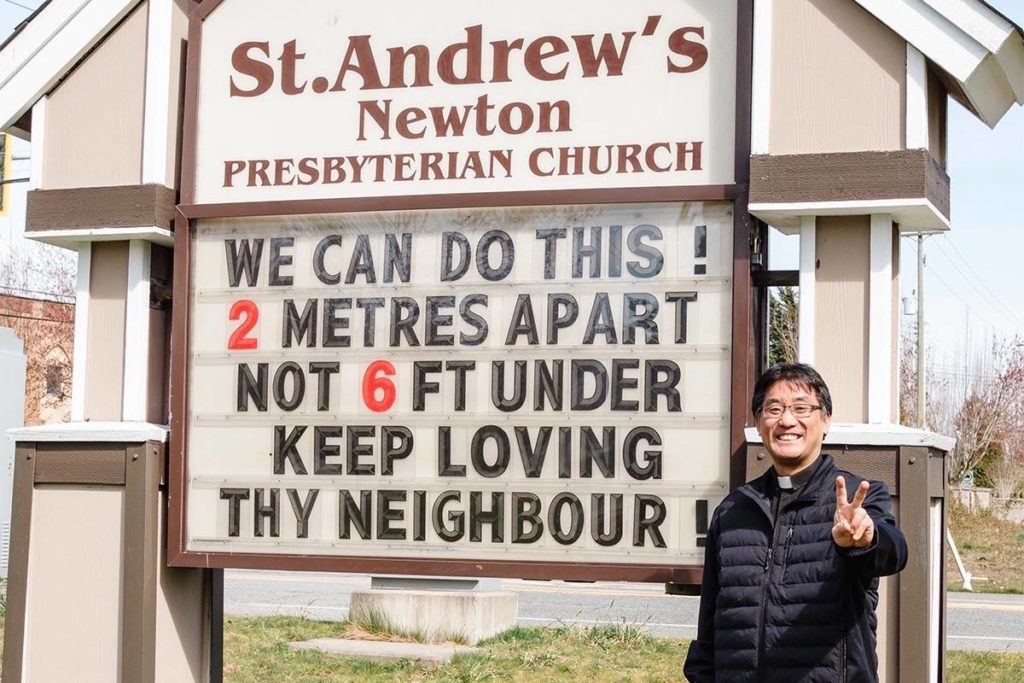
Rev. Geof Jay with one of his many witty COVID-19 related community messages posted in past weeks outside his church in Surrey, BC. (Photo: Olivia R. Jay)
A month ago very few, if any, persons in the world would have imagined or expected this very bizzare, complex, unpleasant global melt down. Within a matter of weeks, the COVID-19 pandemic has essentially changed the health, social, religious, economic, etc. landscape of every nation in the world for the worst.
Previous scarcely used words such as corona, virus, mask, sanitizer, social distancing, self isolation, quarantine, etc. are now on the lips of young and old; rural and urban. Who can even dare mention the current and future positive effects (individuals and organisations that are making and will make millions from the sale of masks, sanitizers, vaccines, all types of supplies, medications, etc.) of this grave pandemic? But clearly the disastrous negative impacts are affecting every individual of the world’s almost 8 billion persons. Even babies born today sadly will not receive the hundred percent joy their parents and relations would ordinarily have welcomed them with. Why? Because the fear and uncertainties at the back of their minds will consciously or otherwise erode some of that happiness. How sad!!!
QUESTIONS GALORE
Naturally the question we are all asking is: what on earth is going on in the world; how come a virus invisible to the naked eye has such a devastating crippling effect on the world with the speed at which people are getting infected and dying? Expectedly a wide range of causes or sources of the infections continue to be spewed all around the world. Thanks to electronic media they move, like the virus, with wild fire.
Whilst the experts are disseminating information about the scientific source and current knowledge of the epidemiology of COVID-19 we are also confronted with tons of messages, videos, pictures, etc. that may be scientific; or not so scientific; half-truths; propaganda, hoax, fake news; etc. Let me try and roughly categorise some of the circulating electronic materials I have read or glanced through:
- Direct plague from God to punish the world: sin is multiplying. Similar to Noah and the Flood; Sodom and Gomorrah; Pharaoh and the Egyptians; Moses and the snakes; numerous plagues mentioned in the Bible.
- The apocalypse: Antichrist; one world religion; second coming of Christ; end of the world.
- Virus transmission: animal to human – from bats, cats, rats, etc.; human to human.
- Laboratory experiments: the effects of scientific experiments horribly gone wrong.
- Biological weapon: deliberate creation of a mild or aggressive biological weapon aimed at specific groups or whole world population.
- Depopulation weapon: deliberate attempt to reduce world population – fertility and destruction of marriage and family life are not too effective hence through morbidity and mortality. For eugenics and environmental reasons.
- Economic: money making; deliberate creation of a disease in order to provide necessary supplies – medical, equipment, etc.
- Technology: creation, testing and use of advanced technologies – complexities of radiation from devices especially 5G and its link to economic, political world power; the reign of artificial intelligence and its impact on the different aspects of human life; insertion of micro chip in humans. Using pandemic as smoke screen.
Where is the truth in all these? The bottom-line is whilst waiting for the truth, if ever we will know it, they are all instilling confusion, anxiety, fear, hopelessness in individuals and governments. In unison we do agree that there is a worldwide disaster. Yes, indeed a world war without guns, bombs and ammunitions and our common enemy, seriously, is a VIRUS!? It is comforting to note that generally people are adhering to the suggested and compulsory measures as individuals and groups to contain and reduce the spread of COVID-19. We salute the health and other workers – paid and voluntary who are at the forefront caring for patients and managing those who succumb to the disease. Very heartbreaking.
BOTTOMLINE
Whether COVID-19 is a plague from God, the end of the world or a man-made catastrophe with distressing effects, a theme that is echoing in personal conversations and variety of electronic messages is that God is speaking; He is trying to get the attention of human beings. Hence in addition to all the numerous beneficial pieces of information we are being reminded of or we are learning from for the first time, I think we should learn some spiritual lessons from and during these perilous times.
Personally I find it fascinating that this global Lockdown is peaking around the time of the christian festival – Easter. Unlike Christmas, Easter tends to produce a solemn, gloomy, sad, mourning ambiance. We all know that the sights of a corpse and the associated settings such as a coffin are heart-shattering. We buried a very good friend of mine a couple of weeks ago!!! And most of us are watching the frightful pictures from China, Iran, Italy, Spain, USA, etc. of the devastation of COVID-19 (even TV reporters tend to give warning to the faint hearted).
We are in the Easter week where we remember Palm Sunday, the Death and Resurrection of our Lord Jesus Christ. Yes, granted, Easter is not celebrated in all countries of the world but for those that do, the celebration of Easter 2020 will be a shocker to all!! Unprecedented in the lifetime of many of us. There will be no physical church services (imagine the empty chapels, cathedrals, auditoriums, tents, parks, etc.); no religious fun fares, parades, retreats, camps, conventions, etc.; no pilgrimages to national and international holy sites; no trooping of visitors particularly to Jerusalem or Rome.
In trying to make sense of it all perhaps as individuals we should also make Easter 2020 unique for ourselves. For many of us we have never read, on our own, at a sitting, the whole Easter story – the last weeks of Jesus on earth. We tend to read pieces on our own and most often from church. Let’s take the challenge – open the Bible and read the passages on the last weeks of Jesus from the Gospels (Matthew, Mark, Luke and John). For those who do not have personal Bibles, you can Google well known versions such as New International Version, from the internet. After all we have lots of time during this lockdown to do some long readings.
I am encouraging us to do this because first, the lockdown has literally forced us to have ample time now. We often indicate we do not have enough time. Secondly, this is an opportunity to read the Easter story on our own, for our self and from the source rather than listening to and reading pieces from other people – religious or otherwise.
We are all asking questions. Even children (at their own level) are conscious of the abnormal situation we live in and are asking questions or reacting to it in their own way. As adults we tend to feel confused, anxious and scared about the present and more so the future. But we are acutely aware that there are more questions than answers bouncing around especially from electronic media. Therefore, my third reason is that this period provides us with some quietness to pause and ponder about serious issues in our lives and fill our minds with some refreshing and trustworthy information from the Bible.
MANY WALKS OF LIFE BUT ONE WAY TO LIFE
Thanks to people like Thomas who do not keep their doubts and uncertainties to themselves but ask questions they genuinely need answers on. For it was in response to Thomas’ question in John 14:5 – “Lord, we don’t know where you are going, so how can we know the way?” that Jesus made one of his profound statements in John 14:6 – “I am the Way and the Truth and the Life. No one comes to the Father except through me”. It is worth noting that Jesus did not say I am the only way trying to caution that there may be possible ways. No! By saying I am the Way, He implied that if you are interested in going to the Father (God), then come through me. If you want to know the truth, then listen to me. And if you are interested in being alive then follow Me.
Why did Jesus call Himself the Way, the Truth and the Life in relation to God? Jesus did that because He is the Saviour (meaning of the name Jesus). His purpose of coming to be born and live on planet earth is to save mankind from what happened with the Devil, Eve, Adam and God’s punishment of death in the Garden of Eden. Why does mankind need a saviour if nothing evil has happened to them? God’s hatred of evil is manifested throughout the Bible with all types of associated punishment. Jesus’ life and teachings highlighted not only the love of God but also the reality of evil (sin – disobedience to God and obedience to the Devil) and its consequences.
It is important to mention that when God drove away Adam and Eve from Eden, He did not take away from them all the blessings He had showered upon them whilst they lived there. They also went away with whatever they gained from eating fruit from the tree of knowledge of good and evil. On top of these they came out with the Death punishment, as a result of obeying the Devil, hanging on them. Therefore, it does not come as a surprise that Jesus’ mission is to bring us back to the Father by DYING for us.
In Jesus we are reminded of what took place in Eden, as well as the provision God made available in order for us to come back to him. To prove the truth that God still loves mankind and has provided forgiveness for us through Jesus’ dying on the Cross, God gave His life back by RAISING Him from the dead. Since God did not take away human beings’ ability to choose, Jesus declares in the well known verses, “For God so loved the world that He gave His only Son, that whoever believes in Him shall not perish but have eternal life. For God did not send His Son into the world to condemn the world (mankind was already condemned in Eden), but to save the world through Him” (John 3:16&17).
The Easter story makes good sense of Jesus’ claim that He is the Way, the Truth and the Life. The way back to the Father; the truth regarding sin and its consequences, provision of forgiveness through Jesus’ death; and the life He gave through His resurrection that indeed we were created to live forever with the Father. This is the Good News of God, the Gospel, that has over the centuries been shared and received globally by many from all walks of life. The spread and acceptance of the salvation of Jesus Christ is unstoppable all over the world. Likewise, the indifference towards and rejection of who Jesus is and His purpose of coming into the world also persist.
BRINGING IT HOME
From your deepest thoughts are you able to genuinely answer the question – which camp do you belong to? Referring to John 3:16 are you in the Eternal Life group or the Perish group? Praise the Lord if you are in the first group. Jesus’ teachings encourage those who choose Him to continue travelling on the Narrow way because at the end of it is Life (Heaven). On the other hand, those who do not choose Him (i.e. are indifferent or reject Him) are on the Broad way that leads to Destruction (Hell). One of the unique characteristics that runs through Jesus’ teaching on salvation is the fact that He always deals with two groups of people – this binary approach makes His teaching clear and not ambiguous. There is no sitting on the fence. You are either His follower or you are not. Why only two groups? Because Adam and Eve put all of us on the Broad way. Acceptance of Jesus takes us from the Broad way to the Narrow one.
In case you are not on the Narrow way, know that it is not late to leave the Broad way and join us on the Narrow way. The Easter message is that on Good Friday, Jesus died on the Cross to pay for our sin (disobedience to God) so that we can go back to God. He proved it on Easter Sunday through His resurrection from the dead that indeed there is forgiveness available for those who want to come back to the Father. One of the comforting sayings of Jesus is Luke 5:32 – “It is not the healthy who need a doctor, but the sick. I have not come to call the righteous, but sinners to repentance.” God the Father and Jesus Christ have played their part. As a person, I have to play my part by accepting the offer they give me – Jesus, the Way back to God.
Sometimes we wish that the Father will force all human beings to come to Him through the salvation He has provided in His Son. But that is not the case. He wants us to freely come to Him just as we are. He is waiting. The invitation is open until a person dies. So where do you want to spend life after your physical death – with the Father or with the Devil? Once again Jesus does not leave us guessing. He clearly teaches that Hell was created for the Devil and those who choose to obey and follow him.
The arrival of COVID-19 has shaken the world and vividly revealed how precarious our existence can be. Interestingly, Jesus extensively taught about the temporary nature of life on earth not only for individuals but for the whole of creation. He also taught about His second coming and the end of the world. And even though He did not give a date of His return or the end of the world His teachings provide several signs and pointers and tend to be intricately woven together and often referred to as the Apocalypse. The suddenness, the destruction and the sheer global impact of COVID-19 on all aspects of our daily lives have awakened up humanity.
Despite the uncertainties brought about by this pandemic, one thing we are assured of is that Jesus’ invitation still stands. His voice is not locked down. And the celebration of Easter (without all the relevant and not so relevant associated rituals) is once again reminding us of the demonstration of God’s love in calling us to leave the Broad way that leads to Hell and come to Him through the salvation He has provided in Jesus.
For those who have believed in Jesus and accepted Him as our Lord and Saviour, He is encouraging us to continue trusting in Him because He is the Truth. We should not let the fear of the unknown future – persecutions, pandemics, wars (physical, biological chemical, spiritual, etc.), new world order, one world religion, artificial intelligent god and church, negative effects of technology, increase of evil, rule of the Antichrist, Jesus’ second return, end of the world, etc. – overwhelm us and derail us from travelling on the Narrow way. We have chosen Eternal Life with the Father which Jesus explains to Martha and us in John 11:25&26, “I am the resurrection and the life; he who believes in Me will live, even though he dies. And everyone who lives and believes in Me will live, even though he dies”.
May we have a refreshing time with Jesus as we journey with Him to the Cross and up from the Grave to bring us Eternal Life.
_______________
The author holds a PhD degree in Medical Demography. She taught Demography, Research Methodology and Statistics in universities in Ghana and South Africa. She also worked for the South African civil service as a director in Health and Vital Statistics where she retired from. She is married with adult children and grand children. Susie committed her life to Jesus Christ as a teenager through the ministry of Scripture Union, Ghana.
COVIDic Times: SPATIAL DISTANCING; NOT SOCIAL.
We all know what is meant by the most popular phrase in the universe right now, ‘social distancing,’ but the term is unacceptable to me on at least three levels. I would rather go for the term ‘spatial distancing’ than ‘social distancing,’ and here’s why.
The world is in wartime mode, fighting a pandemic that hasn’t spared any country or territory on the globe and so this is not the moment to be squabbling over words. But for what it’s worth let me get this ‘social’ versus ‘spatial’ debate off my chest!
The COVID-19 formula to contain the pandemic locally and to ‘flatten the curve’ globally has mainly been hand washing (or sanitizing), masking up (depending on who you listen to) and ‘social distancing.’ The latter has meant anything from being six feet away from your neighbour to simply staying at home.
While the mode of transmission of the SARS-CoV-2 virus calls for such a physical distancing from one another in order not to contract the disease or infect others (if you already have it) my problem with the term ‘social distancing’ is three-fold.
1. THE SOCIOLOGICAL FAUX PAS
First of all, we are social beings. We all know ‘No man is an island,’ a popular quote from the English metaphysical poet John Donne (1572-1631). Distancing ourselves from one another at anytime has harmful consequences let alone at such a time as this. My friends on Face Book and I, knowing what was meant by ‘social distancing’ yet unhappy with what it connotes, began this discussion a couple of weeks ago and tried to find another term. We initially landed on ‘physical distancing’ which is as clear as day yet doesn’t have the same ring to it as ‘social distancing.’ As succinctly put by Nana Efua, “‘social distancing’ sounds more hip.” Theo Aryee even went ahead to take screenshots of dictionary definitions of physical (“relating to the body as opposed to the mind”/”involving bodily contact or activity”) and social (“relating to society or its organization”/”needing companionship and therefore be suited to living in communities”) for comparison online.
Some don’t mind the term ‘social distancing’; it’s no big deal to them. As Esi put it, “I personally don’t see the fuss… When in SOCIAL contexts, (as in, when with other human beings), keep your distance. “Same Difference”, and since the memo has been circulated already, we might as well not muddy the waters.” I was pleased to read in the Los Angeles Times that those of us fussing on Face Book were not alone. In an article entitled “Isolation is hazardous to your health. The term ‘social distancing’ doesn’t help,” the staff writer refers to a professor at Northeastern University in Boston, Daniel Aldrich, who says, “The moment I heard public health authorities use the term, I thought they were making a mistake.” I was pleased to read that his preference, like my friends and I, was “physical distancing.”
“Aldrich fears the phrase “social distancing” suggests we should be turning inward and closing ourselves off from friends and neighbors in the outside world.” I concur. He hits the nail right on the head: “That’s the exact opposite of what we want people to do. You need to have as close social ties as possible when physical distancing is in effect.” As a medical doctor I know social connections affect many socioeconomic and health indicators and from Aldrich’s own post-disaster studies, actually directly affect death rates.
2. THE ANTHROPOLOGICAL FAUX PAS
I find the anti ‘social distancing’ reaction of experts from a generally individualistic Western society intriguing as anthropologically, they are more likely to come up with a term like that. For the West, especially since the Enlightenment with its “I think therefore I am” movement, autonomy and individualism are rife. As someone born and raised in the global south, where to be is to be in community, I would say if ‘social distancing’ sounds bad to a Westerner then it’s anathema to the Majority World.
For the Global North, generally, I am because I think; for the rest, I am because we are. The South African Bantu term Ubuntu, to wit “I am because you are,” encapsulates the idea that humans cannot exist in isolation. There is no personhood without the other and we depend on community connection, conversation and caring. For honor-shame cultures, which two-thirds of the world is, social distancing is synonymous with having a cause for shame. If you consider Archbishop Desmond Tutu’s definition of ubuntu in his 1999 book you will see how it’s the exact opposite of ‘social distancing’: “A person with Ubuntu is open and available to others, affirming of others, does not feel threatened that others are able and good, based from a proper self-assurance that comes from knowing that he or she belongs in a greater whole and is diminished when others are humiliated or diminished, when others are tortured or oppressed.”
3. THE THEOLOGICAL FAUX PAS
Finally as a Christ-follower, and a pastor at that, I always try to theologically reflect on the words, terms and concepts I use. ‘Social distancing’ (again while we all know what is meant) wouldn’t cut it theologically. The nature of the Triune God—one-in-three, three-in-one—of the Christian faith, as argued by Tertullian (c.155-220 A.D.) of Tunisia, is that “from all eternity God is one, but God is not alone.” Right from Genesis 1:1, Elohim (the Hebrew word for God) is a plural noun, most explicitly seen in Genesis 1:26 where God says, “Let us make humanity in our image, according to our likeness.” As another theologian put it, “at the centre of the universe is a relationship.” At the centre of the universe is a community: Father, Son and Holy Spirit.
Since this article is not an apologetic for the Trinity, suffice it to say that mankind having been made in the image and likeness of the Triune God who is himself relationship, family, community and social, cannot be ‘socially distant’ and remain human. In the above March 18, 2020 Facebook post I wanted to sound a caution, especially since churches were at the cusp of being forced to close for physical meetings, that the last thing anyone should do at this time is to lose not only the horizontal relationship with each other (as explained in the first two points above) but also the vertical relationship with God as well. God’s family, the ‘household of faith,’ is not referred to as ‘the body of Christ’ for nothing. There can be no social or spiritual distancing of any of the body parts.
CONCLUSION
So it was with utmost excitement on the eve of April Fool’s day that I posted the following on my Face Book wall (which has suffered a lot of graffiti since the COVID-19 broke out): “Eureka! I’ve found it! “SPACIAL DISTANCING”; that’s the word that does the job, doesn’t kill the socially and spiritually close beings we’re meant to be but still sounds as cool as “social distancing”!”
I’m on a personal campaign to kill ‘social distancing’ and replace it with ‘spacial distancing.’ Human beings can afford to be physically distant for a season but die in more ways than one when we become socially and spiritually distant, even for a brief moment. Off to keep up the fight with clean hands against the Coronavirus; spacial distancing it is while at it. Selah.
COVIDic Times: A WAKE-UP CALL.
By
Dr. Owusu Banahene
At a time when for once leaders of a developing country cannot escape the infrastructure and systems they might’ve failed to build to benefit from someone else’s in the developed world, this presents a fine opportunity to experience the harsh reality for themselves and sit up, post COVID-19. A pandemic is a terrible thing to waste.

An already overstretched Ghanaian hospital pre-COVIDic times (Photo Credit: Prime News Ghana)
I would like to add my voice to concerns that some have have expressed recently about lessons that Ghana should draw from the coronavirus pandemic. This is crunch time for us. It is a wake-up call. There is no doubt that the health system in Ghana would not cope if we were to be faced with even a quarter of the cases that we have seen in countries like China, South Korea, Iran, Italy and Spain, to name but a few. Even Italy, with one of the best health systems in the world, cannot cope. The UK has adopted drastic measures because it recognises that its National Health System cannot handle the expected cases. Equally, the USA does not have enough test kits, ventilators, hospital beds, doctors, nurses etc. to manage the numbers expected.
Ghana’s health system is nowhere close to these countries. Even under normal circumstances, our public hospitals have low capacity—we struggle with shortage of beds, with many patients sleeping on the floor or in corridors. We cannot even deal with Malaria nor vaccines without going cup in hand to the Global Fund and GAVI. Yet, our politicians and governments over the decades have lived and continue to live in largesse. For example, for a small, debt-ridden, low middle income country like Ghana, we have well over 100 ministers, most of whom live in expensive houses in posh neighborhoods provided by the state and drive expensive cars (so-called V8s). Their favourite car, the Land Cruiser, costs about USD 135,000 to buy new. All of these ministers have two or more cars provided by the state.
It is not just ministers. I have seen parliamentary delegations travelling abroad, sometimes about 15 of them. They travel in Business Class. When you engage them in conversation, they tell you about some of their other trips to places like South Africa, the UK, Kenya etc. One gets the impression that they travel frequently and regularly. They get significant per diems on these trips and stay in expensive 4-star and 5-star hotels. I recall one such delegation on a trip to the UK, made up of MPs from the ruling party at the time and the opposition, not to mention their escorts. Most were in First Class, whilst the rest (the escorts) were in Business. Upon arrival at London Heathrow, there was a fleet of Mercedes cars on the tarmac from the Ghana High Commission to meet and collect them. Of course they did not go through immigration and customs like the rest of us did.
Add to the above the corruption and kick-backs from contracts and other rent-seeking activities and you get an idea of the scale of the loot and largesse. In consequence, infrastructure projects such as airports, roads, hospitals, electricity etc. cost twice or more what they should, to say nothing of procurement of routine and regular supplies across the country. These monies, amounting to hundreds of millions of US dollars, end up in the pockets of the politicians, public servants and their cronies.
I could go on, but now, consider what we could have done with such monies at a time like this with COVID-19. Consider the test kits we could have bought, the hospitals we could have built across the country, the isolation wards, the ventilators we could have procured, the number of doctors, nurses and other health personnel we could have trained and retained in Ghana—with all the extravagant spending, waste and corruption of the past three or four decades! We could have been like Singapore or South Korea but, no, our politicians, public servants and their cronies have chopped and wasted the money—and continue to do so.
I hope and pray that COVID-19 would be a wake-up call for all of us. I wish some smart Alec would identify and do an inventory of all the properties and monies, including those stashed abroad, of the politicians and public servants and ask them to account for them. Those that cannot be legitimately accounted for should be confiscated and auctioned, with those monies going into a special fund for development. It is crunch time. It is time for us to wake up!
_______________
COVIDic Times: BE AFRAID.
If we peeled the pandemic panic layer by layer what would we find lies beneath—what are people really afraid of? While not wanting to spread panic is there not a place for encouraging people to “be afraid”?
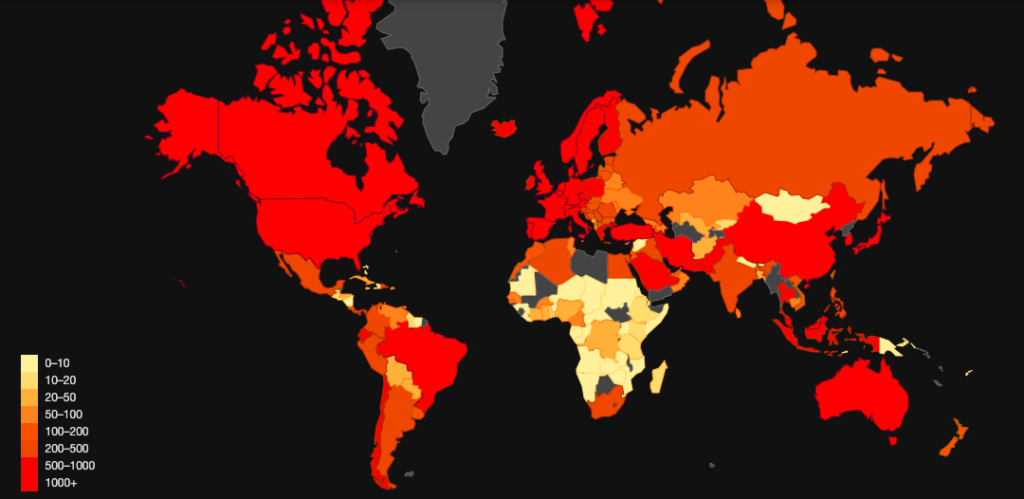
Map showing various degrees of the COVID-19 pandemic globally as of March 23, 2020 (credit: covid19info.live)
The tongue-in-cheek saying that everyone wants to go to heaven but no one wants to die seems rather apt in these COVIDic times. But really, what’s so bad about dying? Most people don’t seem to care enough about how many are recovering but rather fixated on how many are catching the disease and especially how many are dying. At the time of writing this article, the number of COVID-19 cases in the world was nearing 350,000 in 190 countries with approximately 15,000 deaths. These are not just statistics, numbers; they are real people made in the image and likeness of God, with families and friends to mourn them. May their souls rest in peace.
Much of the world is gripped in fear. But I’ve been wondering what people are really afraid of: is it getting sick per se or dying or what happens when they die? It is good to pause and ask yourself the same question, peeling back layer after layer until you find the root cause of any iota of fear that you might have/have had during this pandemic.
BE AFRAID
There have been many scripture verses and motivational messages to calm people down. This is the time preachers remind us that “there are 365 ‘fear nots’ in the Bible, one for each day of the year;” except 2020 has 366 days. Even governments have used hashtags like #SpreadCalmNotFear. While I’m of the preachy and motivational stock and have done my part to share love, spread hope, shout “fear not!” and even generate laughter amidst the virus storm I want to take a sober pause and say BE AFRAID.
Being afraid can be a good thing (or we will all do stupid things). But we ought to be afraid of the right things. It’s a good thing to be afraid to break the law, for instance, or to go after someone’s spouse. Not everyone likes Jesus Christ but no one, not even his sworn enemies, can ignore the fact that he is a real historic figure (it would be as ridiculous as saying Napoleon or Hitler never existed just because you don’t like him), was a prophet and miracle worker (two things both Christians and Muslims agree on), lived a perfectly upright life (unlike every other prophet) and teacher par excellence. Even in a raging storm (like COVID-19 has become in our day) he questioned his disciples”why are you so afraid?” while he rebuked the winds and spoke to the waves and stillness came.
In his often paradoxical pedagogy, once upon a time this teacher par excellence said not to be afraid and to be afraid in the same breath: “Do not be afraid of those who kill the body but cannot kill the soul. Rather, be afraid of the One who can destroy both soul and body in hell” (Matthew 10:28). What did he mean?
DEATH ISN’T WHAT YOU THINK
The new Coronavirus named SARS-CoV-2 that causes the disease COVID-19 can kill the body (your hardware). Ask Italians; 5,500 of them hav died already (at the time of writing). But it cannot kill the soul (your software). Yes, death is “the permanent ending of vital processes in a cell or tissue” or “cessation of all biological functions that sustain a living organism,” and that is good Biology, but death is more than that (according to ‘Soulogy’).
Many equate death with total annihilation. In other words, that once a person dies they just finish; disappear into thin air. C’est fini. That’s it. But no. Death actually means separation. Or as Finis Jennings Dake would put it, “a cutting off from realizing God’s purpose for which he was created. One can logically substitute the word separation for death in every scripture where it is used” (Dake 1991, 619). Consequently being tripartite beings–made up of spirit, soul and body–there are three kinds of death:
1. Physical Death–this is when your spirit and soul (inner man) are separated from your body (outer man). That is where biologically all functions, including brain function, that sustain a person cease permanently, from the micro (cellular) level to the macro (systemic) level. This separation of the soul and spirit from the body is the kind that as a medical doctor I would sometimes (unfortunately) be called upon to confirm: no breathing, pulse not palpable, dilated pupils not reacting to light etc. This physical death is what most people think about when it comes to the subject or our mortality, especially in these COVIDic times. But there is more.
2. Spiritual Death—this is the temporal separation of your spirit and soul from your Source/Maker/God. Or as evangelists like the late Billy Graham would plainly put it, separation of man from God because of sin. According to a Biblical worldview, the moment our forefathers Adam and Even sinned against God in the Garden of Eden, at that very moment (as promised by their Maker) they died. As a little boy I always used to wonder whether God lied about them dying as soon as they ate the forbidden fruit because they were very much alive after that, even running away from God! Now I know that what happened to them immediately was death alright–they were instantly separated from God—spiritual death. Their physical death came later. Hopefully, this makes us understand why since we as Homo sapiens are all descended from that first couple, all of us have inherited the spiritual genetic disease of sin and are born dead. Everyone of us is born separated from God spiritually, thanks to the pandemic from the virus SIN-00.
Paul puts it this way in his letter to the Christ followers in first century Rome: “for all have sinned and fall short of the glory of God” (Romans 3:23). He follows up with the consequences of this, three chapters later: “For the wages of sin is death, but the gift of God is eternal life in Christ Jesus our Lord” (Romans 6:23). Logically, therefore, if we are all sinners by nature and the salary for sin is death then we are all the living dead, from pope to prisoner, separated from our Maker.
3. Eternal Death—this, finally, is being separated from God forever in the lake of fire (hell). This, in scripture, is sometimes called “the second death” because follows “the first death” (physical death). Unlike spiritual death, this is eternal, forever. But eternal death is not entirely unavoidable. This will only happen to those who continue to live in their state of spiritual death until they physically die or Jesus Christ returns. If you remain in your state of spiritual death and you physically die you will eternally die. But there is a big IF because Paul again says that inspite of our state of spiritual death, “But God demonstrates his own love for us in this: While we were still sinners, Christ died for us” (Romans 5:8). God doesn’t just have love; God is love. He does not want anyone to be a victim of eternal death. “For God so loved the world that he gave his one and only Son, that whoever believes in him shall not perish but have eternal life. For God did not send his Son into the world to condemn the world, but to save the world through him.” (John 3:16-17)
Those who hear about Jesus Christ and believe in him as the Son of God who came to die in our place—beyond being a mere historical figure, prophet and miracle worker, righteous man, and great teacher as introduced above—receive his life in exchange; for the only reason he died as a perfect, sinless man was as a sacrifice for you and me. He died a temporal physical and spiritual death he did not deserve in order that you and I could receive eternal life rather than the death sentence on us because of our sinful nature (plus our own sinful deeds on top of that). To the legal luminary Paul, “If you declare with your mouth, “Jesus is Lord,” and believe in your heart that God raised him from the dead, you will be saved. For it is with your heart that you believe and are justified, and it is with your mouth that you profess your faith and are saved“ (Romans 10:9,10).
HOW TO NEVER DIE | THE CURE
So back to COVID-19, fear and Jesus. There is a virus (SIN-00), infinitely more dangerous than SARS-CoV-2 because it has eternal consequences, that has caused a spiritual pandemic with a manifestation of physical brokenness for thousands of years. Jesus Christ says do not be afraid of SARS-CoV-2 and its resultant disease COVID-19 which can kill the body (physical death) but cannot kill the soul (spiritual and eternal death). Be afraid of (or have deep reference for) the One who because of SIN-00 will at the end of the age, as a result of your own choice not to accept the free gift of eternal life, hand you your eternal ticket to a place of eternal separation from Him. I think inasmuch as the fire described in hell is horrific, the real penetrating eternal pain is the forever separation from Love—for God is Love. This is eternal death.
Who doesn’t like cures? Imagine it were announced today that there was now a definitive cure for COVID-19, not just the Chloroquine being experimented with now! How quickly people will line up for it! Well, let me tell you how to never die, COVID-19 or not.
One day a friend of Jesus called Lazarus physically died (you may read the story here). When Jesus arrived at the scene four days later he uttered to his sister one of the most amazing words ever spoken: “I am the resurrection and the life. The one who believes in me will live, even though they die; and whoever lives by believing in me will never die” (John 11:24-26). Understanding the three kinds of death finally allowed me to make sense of this profound scripture: the one who believes in Jesus will eternally live even though they may physically die; and whoever has overcome spiritual death (lives; now has eternal life) by believing in Jesus will never eternally die!
Then Jesus asked Martha, sister of Lazarus, “Do you believe this?” Her response was “Yes, Lord.” And she elaborated further, “I believe that you are the Messiah, the Son of God, who is to come into the world.” May I ask you too: “Do you believe this?” If not, be afraid.
Reference
Dake, Finis J. 1991. Dake’s Annotated Reference Bible. Lawrenceville, GA: Dake Bible Sales Inc.
POST SCRIPT
For those not in my social media circles you wouldn’t know just how much faith, hope and love I’ve been pouring onto the world. I feel the global body of Christ has been very pastoral in this COVID-19 pandemic (much needed, of course) but we ought not to forget our other hand/arm to be evangelistic as well.
It was at the third Lausanne Congress on World Evangelization, Cape Town 2010, that I heard for myself John Piper passionately proclaim the two truths with such wisdom and clarity: “…could the evangelical church say—we Christians care about all suffering, especially eternal suffering? I hope we can say that. But if we feel resistant to saying “especially eternal suffering,” or if we feel resistant to saying “we care about all suffering in this age,” then either we have a defective view of hell or a defective heart” (emphasis mine). Full script and video here.
God help Christ followers balance being pastoral and being evangelistic at this time; ambidextrously handling the rod and staff; flying with both wings of social concern and evangelism, “two wings of the same bird” for the blessing of all peoples of all nations and to God’s glory!
COVIDic Times: Don’t Pitch Faith and Science Against Each Other!
It’s never a good time to pitch religion and reason against each other but certainly not in a time of crisis, especially the kind of COVID-19 pandemic which requires “all [washed] hands on deck!”
Much of my time this morning was spent going back and forth debating on my Achimota School 1995 WhatasApp platform because one member forwarded what was purported to be a Tweet from a prominent Ghanaian journalist: “A country that invests in a $100 million cathedral, and not in medical research, can only pray in times of a global pandemic and hope to profit from the labs of countries that invest in science and technology.”
BLOW AWAY THE CHAFF
The last thing we want to be doing at this time is to pitch faith and science against each other, but before delving into that let me first quickly get rid of the disingenuity of the above statement which seems smart, even sassy, at face value. 1. The $100 million (if that is even accurate) is being raised by a Ghanaian Christian community that for the last 200 years has invested heavily not only in the faith of the Ghanaian people but in agriculture, schools, hospitals (including these supposed medical research centres) and the like. The government of Ghana isn’t raising the money for the cathedral–they gifted the land and seed money as their contribution but the body of Christ in the nation is doing the rest. 2. As I’ve stated elsewhere, nation building is complex: “We are building a nation here, a cohesive entity that must have spirit; not just a conglomeration of social services!” 3. Many of these countries that are being touted today as having ‘rather’ invested in science and technology have a rich faith heritage and foundation, including national cathedrals, that was part of the tide that raised them to where there are. Today they are becoming so secular to the point of amnesia! They ought to remember the rock from which they were hewn! 4. Throwing in a thorny issue at a time of national and global crises when the last thing we need is polarization is just not on; quite insensitive, actually. 5. To say one “can only pray in times of a global pandemic” is not only condescending and treating faith with disdain but unnecessarily pitting it against reason, faith and STEM. The last point is what I want to dwell on for the rest of this blog.
DOUBLE POWER
My immediate response to the said journalist’s statement is: The opposite is true also. A country that does not invest in the spiritual wherewithal of her people can only rely on science and technology, which evidently aren’t enough in the face of monstrous situations like the COVID-19 epidemic! Today, amidst the Coronavirus pandemic, doctors and scientists are using words like “hope,” “faith” and “pray.” Prayer is powerful; ask how I know!
Perhaps I’m in a unique position to speak to this issue as I am a medical doctor myself and a preacher. Double power! I prescribe medication but I also pray for people. Double power! The secular humanists only has science/technology; I have faith and science/technology. Double power! Why would anyone want to use only the right or left brain; one hand/leg instead of both (if they have them)? Why would any bird want to attempt to fly with only one wing? Why pitch faith against science when the same Lord God made both and wants everything in us and His world to be used for His glory? Double power, friends! That’s why I like the painting above that admonishes us to “wash and pray.” “Faith without works is dead,” said the apostle James. As my reverend minister likes to say, “Trust in God and lock your car.” God does miracles (the supernatural) on occasion and has also given us a bunch of principles for daily (natural) living.
Check out the double power response of Martin Luther (the Reformer) to one Rev. Dr. John Hess in a letter “whether one may flee from a Deadly Plague.”
FALSE DICHOTOMY
I have watched with amusement as various world leaders respond to the COVID-19 crisis. Again, I may be in a unique position in experiencing both ends of the spectrum as a Ghanaian (largely religious) and Canadian (largely secular). Within the same 24 hours, the Canadian Prime Minister (whose wife has tested positive and who is himself in isolation) made a broadcast admitting he was as flustered as everyone else but generously offering practical measures to curb the debacle, the Ghanaian president called a number of church denominational leaders to the seat of government (Jubilee House) to pray! I am one of the 13,000 who joined in that prayer meeting via FaceBook Live and I loved his opening remarks. He said (to paraphrase), yes we have put health measures, travel advisories, financial resources etc. in place but we need more–to call on the God of Heaven as other leaders and nations have done throughout history and even now (we know the United States presidency also called for a national day of prayer on Sunday March 15). The Ghanaian president’s kind is an endangered species, one of few in the modern world who do not separate the physical and spiritual realms.
Consider Myers’ table above. How did we get here, to a place where the modern worldview is so dichotomous?! Pitching faith and reason against each other goes back centuries, perhaps peaking during the Enlightenment (17th to 19th century) in Europe. Yet we forget that Newton, Kelvin, Faraday and a host of other scientists were people of faith, specifically of the Christian faith. Does one’s faith make them a better or worse scientist? Of course not all scientists have faith–such is the beauty of the free will of humankind.
CONCLUSION
Faith leaders, this is not a time to be playing down rigorous reasoning and true science (for o yes, there is such a thing as pseudoscience) and flouting the basic public health protocols provided. Secular leaders, this is not the moment to look down on people of faith–who knows, their prayers may be keeping you alive!
I am right-handed but would hate to be only one-handed! I am a person of faith and reason, science and religion. I admit that Truth tends to be paradoxical and managing the tension between two ends isn’t a comfortable place to be but I’d rather fly with both wings than attempt to soar on one alone–impossible! Again, let’s not fall for the tyranny of the ‘or’ but embrace the genius of the ‘and’ (Jim Collins). Wash your hands and clean your hearts. Social distancing doesn’t imply spiritual distancing. Pray hard as if everything depended on God (it really does!) and work hard (especially those of us on the medical frontlines as well as in the background slaving away in labs trying to make vaccines) as if everything depended on you (humanly speaking, it does).
In many things, our world is polarized: female versus male, poor versus rich, secular versus sacred, spiritual versus material, church versus state, private versus public, evangelism versus social action… Please let’s not add science versus faith, especially in this time of crisis!
Reference
Myers, Bryant L. 2011. Walking With the Poor: Principles and Practices of Transformational Development. Maryknoll, NY: Orbis Books.
A Painful Thought
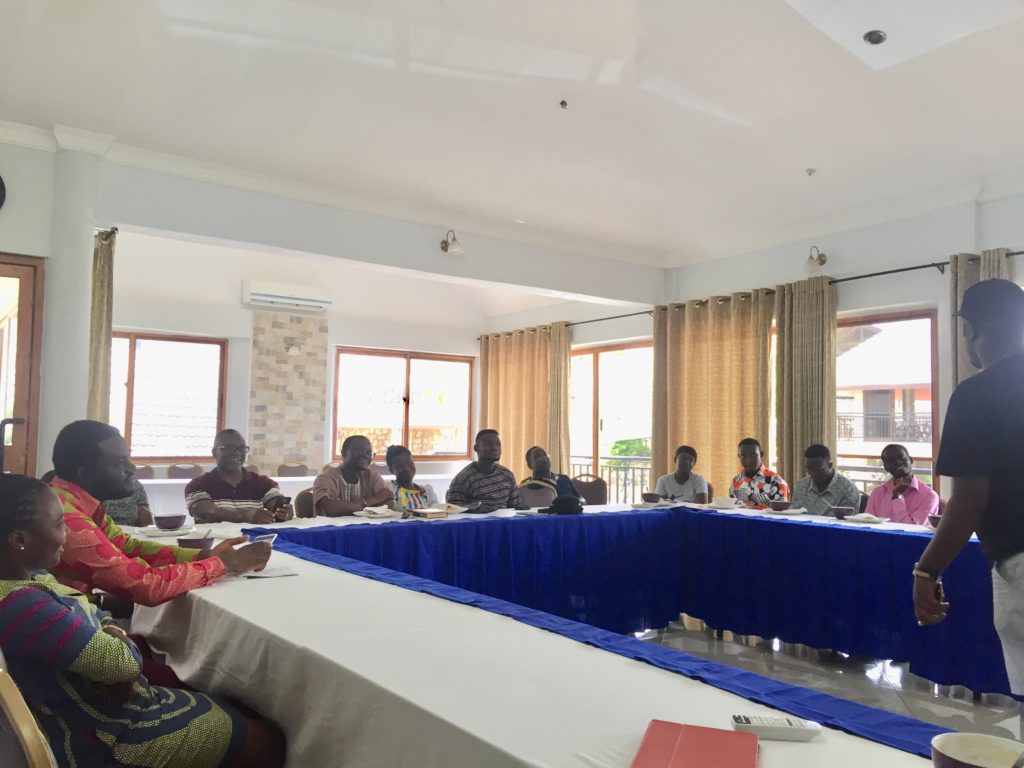
Andragogy (adult learning) and Pedagogy (teaching children) are miles apart
When I attended the University of Ghana Medical School (UGMS) I always thought the posture of most of my lecturers and professors was not only authoritative but even rather condescending. Now I know why. We were not exactly ‘kids;’ in fact, some of us were even married and such, and yet one of Knowles’ six core adult learning principles (Knowles 2015, 6)—prior experience of the learner—was being violated again and again.
Contrary to Lindeman’s foundation that “the resource of highest value in adult education is the learner’s experience” and that “experience is the adult learner’s living textbook” (20) we were rather treated as neophytes with not only nothing in our heads but nothing in our hands to offer either. I have been wondering whether any of the designers of our curriculum knew, considering their ‘sage on stage’ approach and ultimate ‘punishment’ of examinations that “authoritative teaching, examinations which preclude original thinking, rigid pedagogical formulae—all these have no place in adult education” (20).
Considering how deeply wounded my medical education experience has left me, and now understanding why from the principle of “prior experience of the learner” being violated, I resolve never to treat any adult learner the way I felt mistreated in my future design of educational programmes.
Taking the advice of Lindeman, this principle implies that in programme and/or lesson design “none but the humble become good teachers of adults” (21). It is a beautiful thing to see the experience of the adult learner esteemed so highly, even at par with the teacher’s knowledge! “In an adult class the student’s experience counts for as much as the teacher’s knowledge. Both are exchangeable at par. Indeed, in some of the best adult classes it is sometimes difficult to discover who is learning most, the teacher or the students” (21-22). Wow!
Reference
Knowles, Malcolm, et al. 2015. The Adult Learner: The Definitive Classic in Adult Education and Human Resource Development. San Francisco: Jossey-Bass.
A Daniel Dare for the New Year
With another new year comes another fresh challenge of fasting and prayer for 21 days—just like Daniel did.
HARD TO BEAT
Make no mistake. Every excuse you may have not to fast and pray, Daniel had same and more. He was super smart, highly intellectual and well-trained—from Alchemy to Zoology (Daniel 1). He aced the national test to serve the king.
He was super gifted with insight to interpret dreams, mysteries and hard puzzles that baffled the most sophisticated magicians, enchanters, astrologers and diviners of his time—in fact, he was once appointed chief of them all in King Nebuchadnezzar’s era (Daniel 5).
Daniel was super busy—he was one of three senior ministers overseeing 120 regional ministers of the Babylonian kingdom—he wasn’t slack. Indeed, Daniel so distinguished himself among the ministers and senior ministers by his exceptional qualities that the king planned to set him over the entire kingdom as prime minister (Daniel 6).
He was super principled and ethical—his diet, motives, honesty, disciplines, integrity, convictions… He was a man of noble character. He served several successive kings—he outlasted them—even as an immigrant in high political office.
Super young, super good-looking, super liked and all the above, he still found the need to fast for 21 days, seeking understanding of an issue that he wanted to unravel. At that time I, Daniel, mourned for three weeks. I ate no choice food; no meat or wine touched my lips; and I used no lotions at all until the three weeks were over. (Daniel 10:2-3)
If you are satisfied with being super by earthly standards, then by all means forget about the pain of fasting and the work of prayer. But if you want to see the supernatural intervening in your earthly matters, then welcome to the school of fasting and prayer.
DO THE MATH
Every new year is a mystery, like Daniel’s, waiting to be unravelled. To take 21 days seeking audience with the Author, Executor and Perfector of all the 365 days laden with prospects and dangers is only a 6% investment of your year but worth 100% of the effort.
Since 2007 a number of us have done this math and figured an exciting time of seeking the Lord in 21 Fasting Days of Prayer, Purpose and Planning at the start of each year is so worth it. See my blog last year for some of the most important reasons why I personally do this year after year for over 10 years now!
Please plan to join us as we seek the Lord in fasting and prayer from January 2nd to 22nd. We will plan to meet together daily for corporate prayer times in person or via video call (Zoom) from 5 pm to 6 pm local time (wherever you are in the world) and 5pm to 6pm ET in North America in particular. You will find the meeting link and schedule of daily prayer topics below.
CHOOSE YOUR FAST
In fasting, we commit to denying ourselves of food, drink or other comforts to more fully focus on prayer and fellowship with God. There are many types of fasts. There are complete fasts where you deny yourself all food or partial fasts where you forego certain types of food. Food is anything with calories 🙂 so does not include water (which has zero calories). It is actually a healthy practice to keep hydrated since the body is 60% water. A dry fast (no water) isn’t recommended beyond three days. Usually, when people set out to fast for an extended time—like the 21 days in the Daniel Fast—they will choose to do a partial fast.
The Daniel diet during this fast (like he did) is mainly vegetables and denying yourself meat, drinks and other choice foods. Basically, nothing fancy. Some still have three meals a day but nothing fancy (as described above) while others go the whole day denying themselves breakfast and lunch and eating only in the evenings.
Here are three suggestions of different partial fasts you could choose this January:
1) Full day fast Type 1: Fast from breakfast and lunch and eat a normal supper in the evening for the 21 days.
2) Full day fast Type 2: Fast from breakfast and lunch and eat a Daniel fast supper in the evening for the 21 days.
3) Fast Type 3: Eat three Daniel Fast meals each day for 21 days.
Please prayerfully consider joining us for this exciting 21 fasting days of Prayer, Purpose and Planning for 2018!
LAND THE DEAL
“Do not be afraid…Since the first day that you set your mind to gain understanding and to humble yourself before your God, your words were heard, and I have come in response to them. But the prince of the Persian kingdom resisted me twenty-one days…Now I have come to explain to you what will happen to your people in the future, for the vision concerns a time yet to come.” (Daniel 10:12-14)
It is the same dude, Daniel, who was unequivocal in stating, “…the people who do know their God shall be strong, and do exploits” (Daniel 11:32b). Now you know. HAPPY NEW YEAR!
TECHNICAL INFO
Schedule: January 2-22 daily topics here
Zoom Link: Join from PC, Mac, Linux, iOS or Android
Or Telephone: US: +1 646 876 9923 or +1 669 900 6833 (Meeting ID: 248 246 747)
International numbers available: https://zoom.us/zoomconference?m=BWpwOmbBqIO9McEisO8aYDJSSz5Wzav_
Emotionally Constipated
In medical school this wasn’t one of the diagnoses I was taught I could make but on the other side of the doctor’s desk, this may be an even more dire diagnosis than a clogged gut.
MAINLY MEN; BUT NOT ONLY
Last Sunday, in a suburban church in Montreal, this was the summary of the middle-aged chap who shared his life-long struggle of dealing with his past: “I don’t do emotions.” Me too! Well, no more.
In many world cultures, that is the manly thing to do; it is macho. Some women try it too 🙂 In fact, in my own language, there is a saying that, “Obarima nnsu;” to wit, real men don’t cry. Even as a little boy growing up in Scripture Union circles in Accra, I always knew there was something wrong with that statement because I considered no one more manly that Jesus Christ yet he wept. Ever since then, I haven’t had a problem with weeping (you probably have seen me weep!) but errm… not done so well with a whole range of other emotions.
FACE, FIGHT OR FLIGHT?
I still remember my rather unemotional response to one of my staff’s emotional appeal when he said, “I feel…” My immediate response was, “Good thing that it’s only a feeling; but what do you think?!…” I don’t need to tell you that conversation didn’t go very well after that.
The Lord has been particularly convicting me of my emotional immaturity since the beginning of this year. Prior to that, I was the kind of leader Ruth Haley Barton would describe in Parker Palmer’s words as having risen to leadership based on “extroversion, which means they have a tendency to ignore what is going on inside themselves. These leaders rise to power by operating very competently and effectively in the external world, sometimes at the cost of internal awareness… but the link between leadership and spirituality calls us to reexamine that denial of the inner life.” (Barton 2012, 44, emphasis mine).
In fact, I might never have picked up a book like Peter Scazzero’s The Emotionally Healthy Leader because hitherto the word ‘emotional(ly)’ anywhere put me off. But for Dallas Willard and Scazzero, I had never thought of my emotional life as specifically needing to be discipled! I certainly did not have the theological, mental or practical framework for that!
Scazzero astounded me and totally destroyed my perception of what spiritual formation consists of when he emphatically stated, “it is not possible to be spiritually mature while remaining emotionally immature!” (Scazzero 2015, 17). Gordon Smith drove the dagger deeper into my heart when he confirmed that “what is happening to us emotionally is not secondary to our spiritual experience, but may actually be—pun intended—the heart of the matter” (Smith 2014, 27).
And whole squadrons of the ancients agree, that “few things are so crucial to our growth in faith, hope and love as our capacity to be alert to the emotional contours of our lives” (28). Smith then adds another dimension, that not only are my emotions an area to be discipled for sure but they are also indicative, a dashboard sign, in the sense that “the depth of our hearts reflects the depth of our emotional lives; nothing so captures the inner recesses of our beings as what is happening to us emotionally” (28). In fact, St. Ingatius exhorts that we check for feelings of consolation and desolation in the Examen.
For all those as emotionally constipated as I used to be, we need to decide now: are we going to face our emotions, fight them or flee?
DENIAL, DISTORTION & DISENGAGEMENT
I could give myriad reasons (in addition to the couple above) why being emotionally aware and emotionally expressive in a healthy way is non-negotiable in life and leadership but just take a moment to consider why Dan Allender and Tremper Longman, in The Cry of the Soul, find this paramount:
“Ignoring our emotions is turning our back on reality; listening to our emotions ushers us into reality. And reality is where we meet God…. Emotions are the language of the soul. They are the cry that gives the heart a voice…. However, we often turn a deaf ear—through emotional denial, distortion, or disengagement. We strain out anything disturbing in order to gain tenuous control of our inner world. We are frightened and ashamed of what leaks into our consciousness. In neglecting our intense emotions, we are false to ourselves and lose a wonderful opportunity to know God. We forget that change comes through brutal honesty and vulnerability before God.”
THE DOCTOR’S DOCTOR
So where do we go from here? Personally, I have not only devoured Scazzero’s The Emotionally Healthy Leader but also led my entire ISMC national leadership team and still taking the fourteen country CEOs of The HuD Group through it chapter by chapter. At ISMC’s recent biennial national staff conference in Montreal, there was a daily ‘Emotionally Healthy’ segment (spirituality, relationship, leadership). In fact, the picture you see above was taken in May 2017, when Anyele and I had the privilege of joining the authors, Peter and Geri Scazzero, at their conference in New York (together with the CEO of The HuD Group Canada and his wife). I’m still learning and eagerly walking with a few others through Emotionally Healthy Spirituality over the next few months.
Having gleaned from Smith that “the genius of good [spiritual] direction is that we probe together, director and directee, and attend to the emotional wake that is left by the myriad of experiences we have had or are having” I have begun a search for a well-fitting spiritual director, apart from the amazing mentors, accountability partners, counselors and coaches I have in my life. And a good practice, encouraged by my wife, has been to “name my feelings,” because “what you name you can tame.”
How about you? Could you too be suffering from emotional constipation? What may God be calling you to do about it? Take a personal Emotional Healthy Spirituality assessment here. Don’t be afraid or ashamed to admit your state of emotional immaturity or bankruptcy, because hey, “God blesses those who are poor and realize their need for him, for the Kingdom of Heaven is theirs.”
Other Works Cited
Barton, Ruth Haley. 2012. Pursuing God’s Will Together. Downers Grove, IL: IVP.
Scazzero, Peter. 2014. Emotionally Healthy Spirituality Day by Day. Grand Rapids, MI: Zondervan.
Scazzero, Peter. 2015. The Emotionally Healthy Leader. Grand Rapids, MI: Zondervan.
Willard, Dallas, 2002. Renovation of the Heart: Putting on the Character of Christ. Colorado Springs, CO: NavPress.

